For centuries, elderberries have been celebrated as one of nature’s most nourishing fruits - small, deep purple berries grow in clusters on tall shrubs and have been used in traditional wellness remedies across Europe and North America. Today, they’re just as beloved—showing up in teas, syrups, and natural products that support seasonal wellness.
But not all elderberries are the same. Knowing the difference between European and American elderberries helps you understand which are safest to use and how to get the most from their powerful nutrients. Beyond their long history as a trusted home remedy, elderberries are packed with vitamins, minerals, and antioxidants that make them a valuable ally for your immune system.
In this post, we’ll explore what makes elderberries so special, clear up the confusion about whether they’re poisonous, and uncover how their natural compounds can help support your health—especially during cold and flu season.
Are Elderberries Poisonous? Clearing Up the Confusion
If you’ve ever wondered whether elderberries are poisonous, you’re not alone. It’s one of the most common questions people ask, and the answer depends on which type of elderberry you’re talking about—and how it’s prepared.
European elderberries (Sambucus nigra) can be mildly toxic when eaten raw. The berries, leaves, and stems contain naturally occurring compounds called cyanogenic glycosides, which can release small amounts of cyanide in the digestive system and cause nausea or stomach upset. However, once these berries are cooked, dried, or made into syrups and teas, those compounds break down, making them perfectly safe to enjoy.
American elderberries (Sambucus canadensis), on the other hand, are generally considered non-toxic when ripe. They don’t carry the same level of cyanogenic compounds as their European relatives. Still, cooking or processing them enhances both flavor and digestibility, making them a smart choice for homemade teas, jams, and wellness blends.
In short, elderberries are safe when properly prepared—and American elderberries offer an added layer of reassurance. A little heat is all it takes to transform these beautiful berries from wild fruit to nourishing food.
Tip: Always ensure you know which type of elderberry you’re using and stick to trusted sources for culinary or medicinal preparations.
European vs. American Elderberries: What’s the Difference?
Now that we’ve cleared up the safety question, let’s look at what makes the two most common elderberry species unique. While European and American elderberries look quite similar at first glance—clusters of tiny, dark purple berries on tall, arching shrubs—there are a few key distinctions that set them apart.
European elderberry (Sambucus nigra) is native to Europe and is the variety most commonly used in research and commercial supplements. It has been studied extensively for its potential to support the immune system, particularly during cold and flu season. These berries are rich in anthocyanins—the antioxidants responsible for their deep color and anti-inflammatory properties—but must always be cooked before use to remove any trace of toxicity.
American elderberry (Sambucus canadensis) grows natively across much of North America. The plants tend to be a bit larger and bushier than their European cousins, producing slightly smaller but equally nutrient-rich berries. American elderberries are traditionally used in homemade syrups, teas, jams, and wines and are valued for being both safe and delicious when ripe.
Both types of elderberries offer impressive nutritional benefits and can be used to create a variety of healthful products. The main difference lies in their preparation—European elderberries require cooking for safety, while American elderberries are naturally more gentle and suited for home use.
Nutritional Powerhouse: Vitamins and Minerals in Elderberries
Elderberries may be tiny, but they pack a serious nutritional punch. These deep purple berries are rich in vitamins, minerals, and antioxidants that work together to support your overall health and strengthen your immune system.
One of their standout nutrients is vitamin C, which plays a key role in supporting immune function and helping the body recover from illness. Elderberries are also a natural source of vitamin A, which keeps your skin and mucous membranes healthy—your body’s first line of defense against seasonal bugs.
Their dietary fiber content supports digestion and promotes a balanced gut, which scientists now recognize as an important part of maintaining a strong immune system. Elderberries also contain a wealth of antioxidants, including anthocyanins and flavonoids, the plant compounds responsible for their rich color. These antioxidants help neutralize free radicals and reduce inflammation, protecting your cells from everyday stress.
Even in small servings, elderberries contribute valuable trace minerals such as iron and potassium, both of which play roles in maintaining energy levels, heart health, and overall wellness.
When you add all of these nutrients together, it’s easy to see why elderberries have been a staple in traditional wellness practices for centuries. They’re a delicious and natural way to give your body extra support—especially during the cold and flu season.

Elderberries and Cold & Flu Relief
It’s no surprise that elderberries have earned a reputation as one of nature’s best allies during cold and flu season. Their powerful combination of vitamins, antioxidants, and plant compounds helps the body respond more effectively to seasonal challenges.
The antioxidants found in elderberries—especially anthocyanins, the pigments that give them their rich purple color—help reduce inflammation and support the body’s natural defenses. When inflammation is kept in check, the immune system can focus its energy where it’s needed most. Elderberries also promote healthy immune function through their high vitamin C content, which supports the production of white blood cells and strengthens the body’s response to viruses.
Several studies have shown that elderberry syrup, when taken at the first sign of symptoms, may help shorten the duration and lessen the severity of colds and flu. Researchers believe this is due to elderberries’ ability to interfere with how certain viruses attach to and enter cells, giving your body a head start in fighting back.
While elderberries aren’t a cure for illness, they can be a comforting and effective part of a natural wellness routine. Whether sipped as a warm tea, mixed into a syrup, or added to your favorite recipes, elderberries offer a gentle yet powerful way to help your body stay resilient throughout the changing seasons.

Safe Ways to Enjoy Elderberries
The best part about elderberries—besides their wellness benefits—is how many delicious ways there are to enjoy them. When prepared properly, these berries can be transformed into comforting teas, rich syrups, flavorful jams, and even baked treats.
If you’re making your own elderberry creations at home, it’s important to remember that raw European elderberries should never be eaten fresh from the bush. Cooking or drying them removes the naturally occurring compounds that can cause digestive upset and makes them perfectly safe—and tasty—to use. American elderberries, which are the type commonly grown here in North America, are generally considered non-toxic when ripe, but cooking them still enhances their flavor and brings out more of their beneficial compounds.
Many people enjoy elderberry syrup as part of their daily wellness routine, especially during the colder months. A spoonful a day, or stirred into tea, can provide a simple way to support your immune system naturally. Elderberry teas are another soothing option—warm, slightly tart, and comforting when you’re feeling run down. You can also find elderberries used in tinctures, lozenges, and wellness blends, each offering its own convenient way to enjoy the fruit’s benefits.
No matter how you choose to use them, sourcing your elderberries from a trusted grower or local farm ensures that you’re getting berries that are properly processed, fresh, and full of nutrients. With the right preparation, elderberries are not only safe but also one of the most enjoyable ways to bring a touch of nature’s medicine cabinet into your daily life.

Conclusion
Elderberries truly live up to their reputation as a natural wellness powerhouse. When properly prepared, they offer an impressive range of vitamins, minerals, and antioxidants that support the immune system and promote overall health. American elderberries, in particular, are both safe and delicious, making them easy to incorporate into everyday life.
Whether you enjoy them as a soothing tea, a spoonful of syrup, or part of your favorite recipe, elderberries provide a simple, time-tested way to strengthen your body’s natural defenses. Their vibrant color and rich flavor are just a bonus.
At Copper Knoll Farms, we believe in sharing the beauty and benefits of what we grow. If you’d like to experience elderberries for yourself, explore our elderberry teas, syrup kits, and handmade wellness products — all crafted with care from our farm to your home.





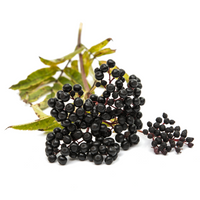



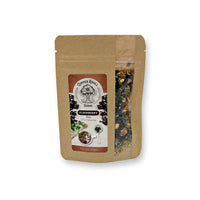


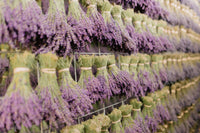





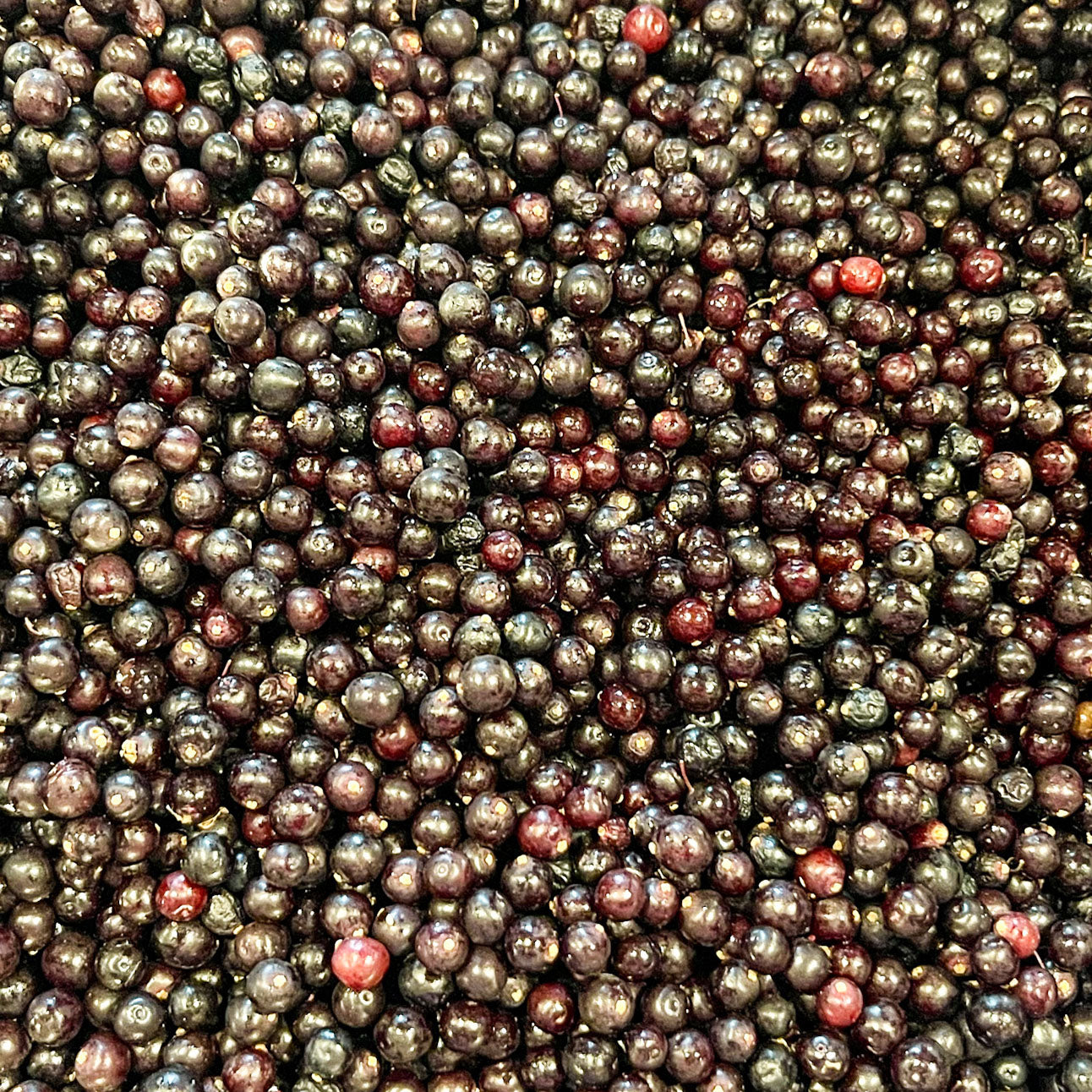



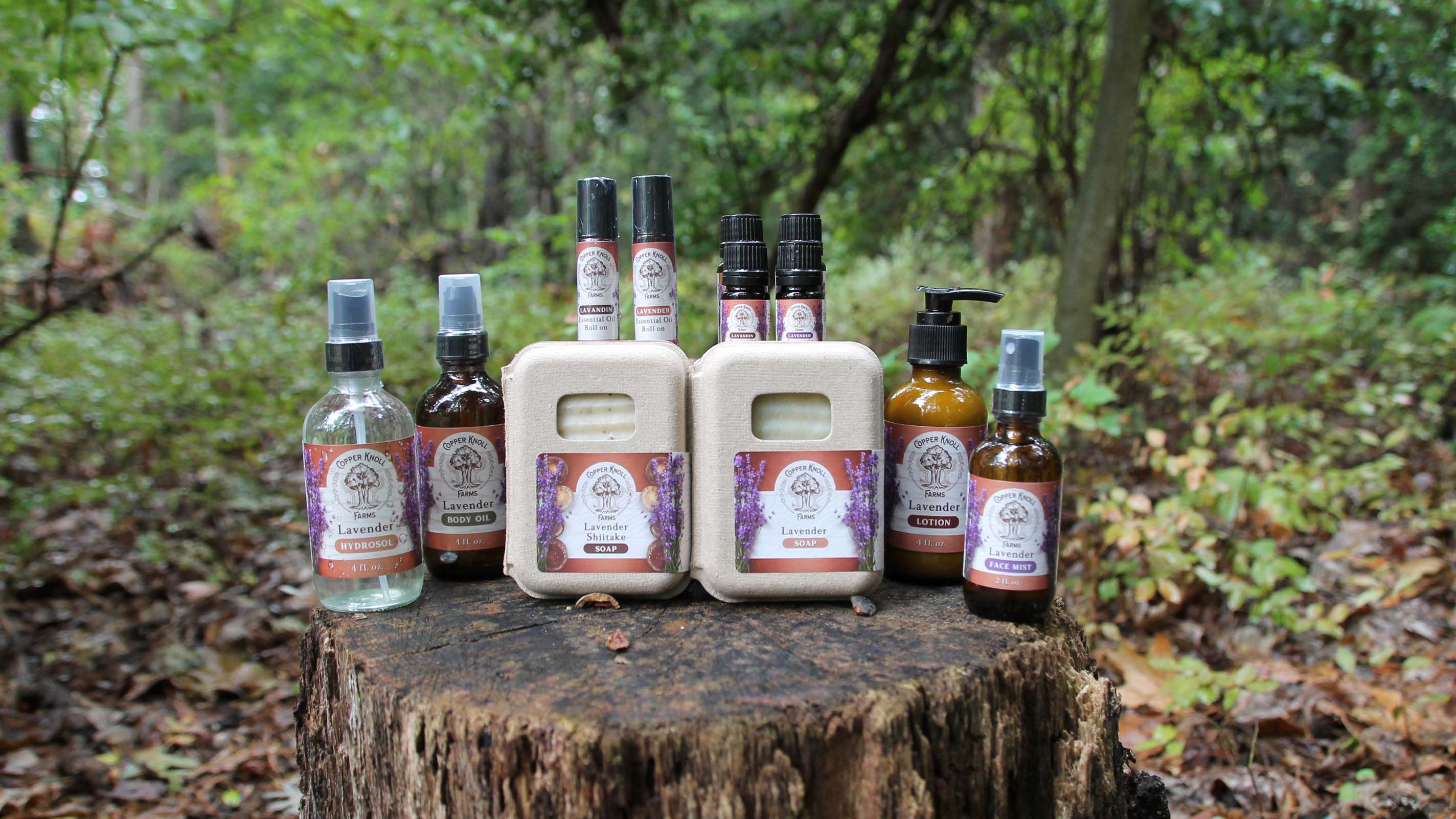
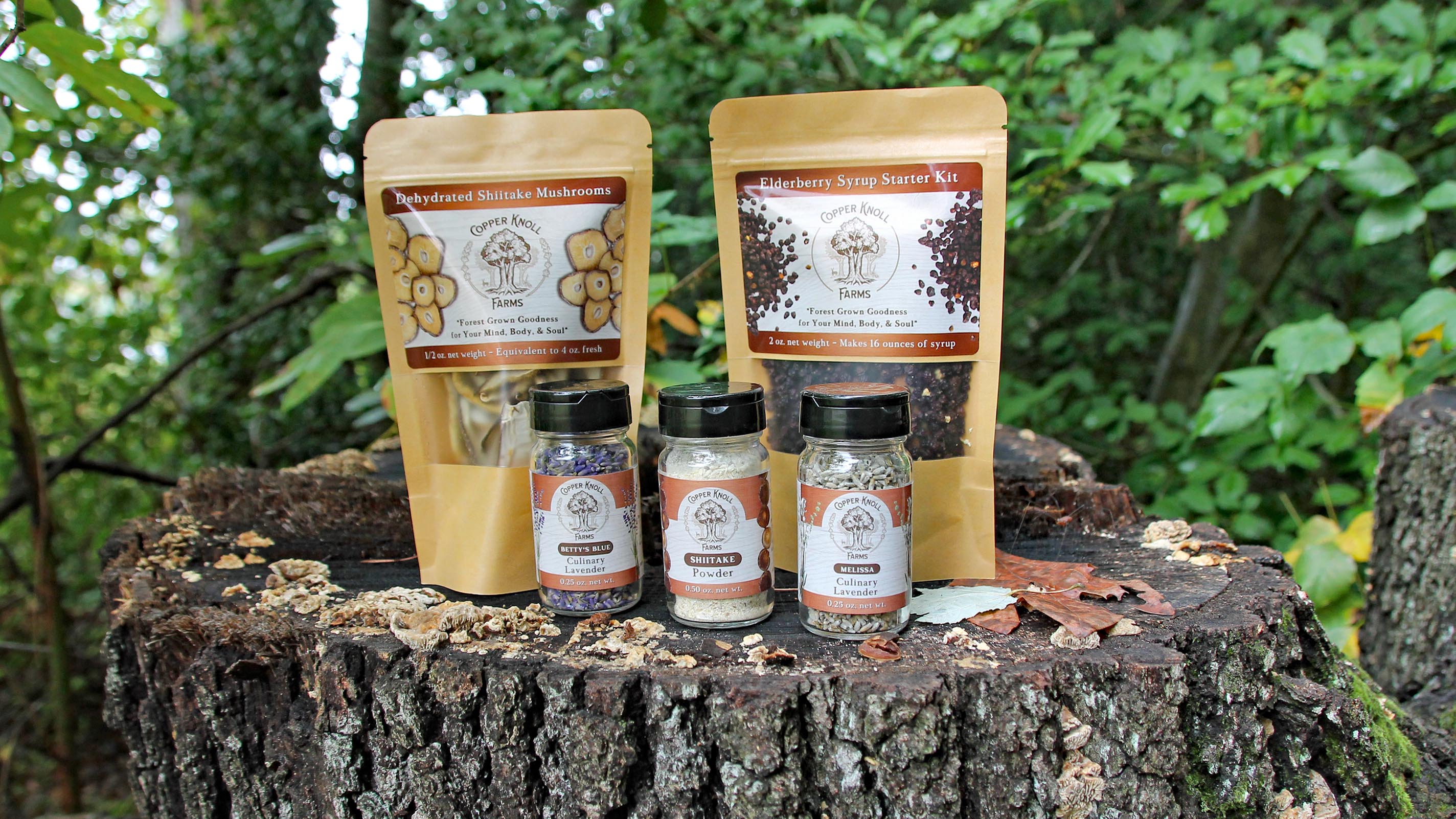
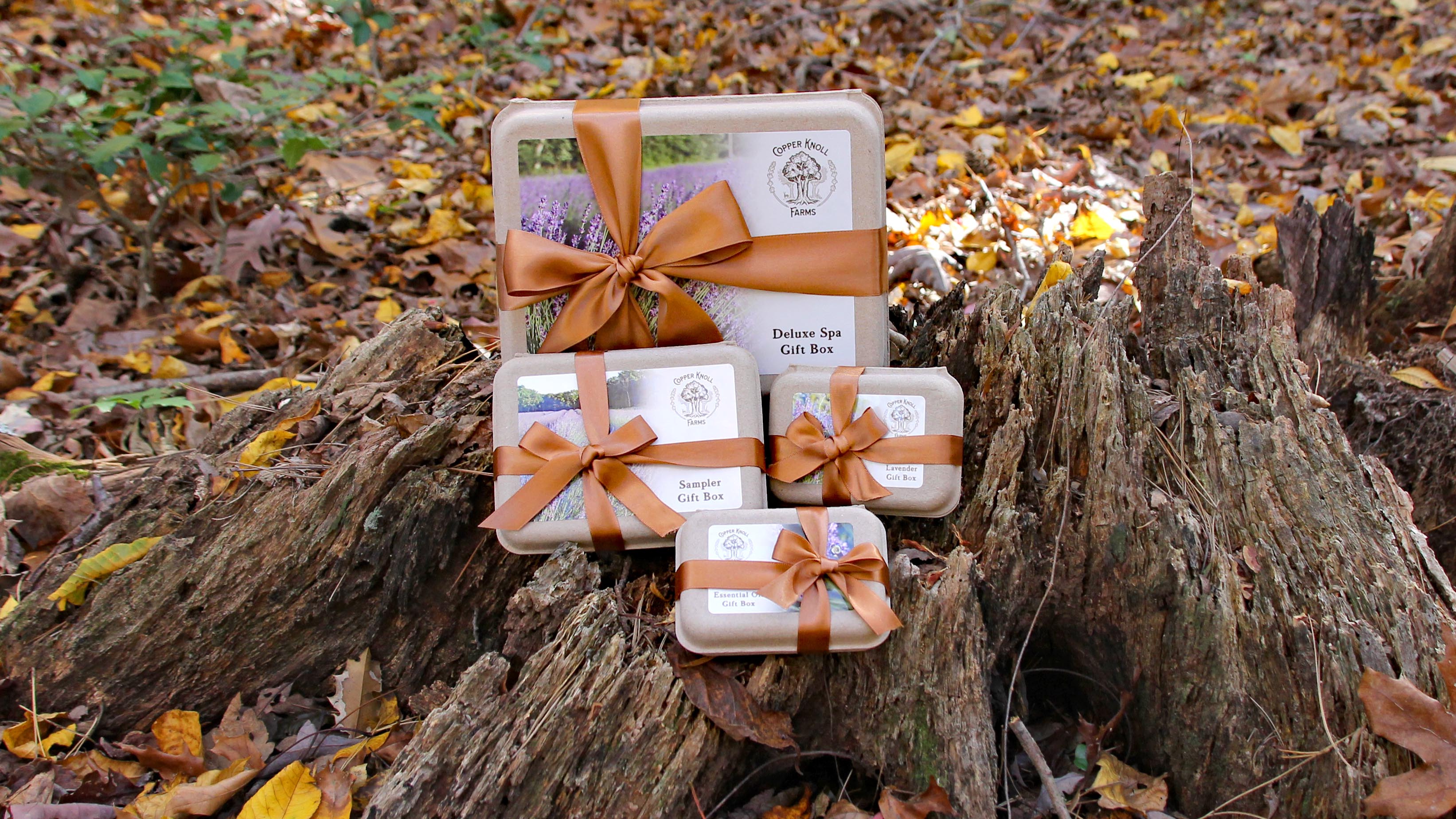



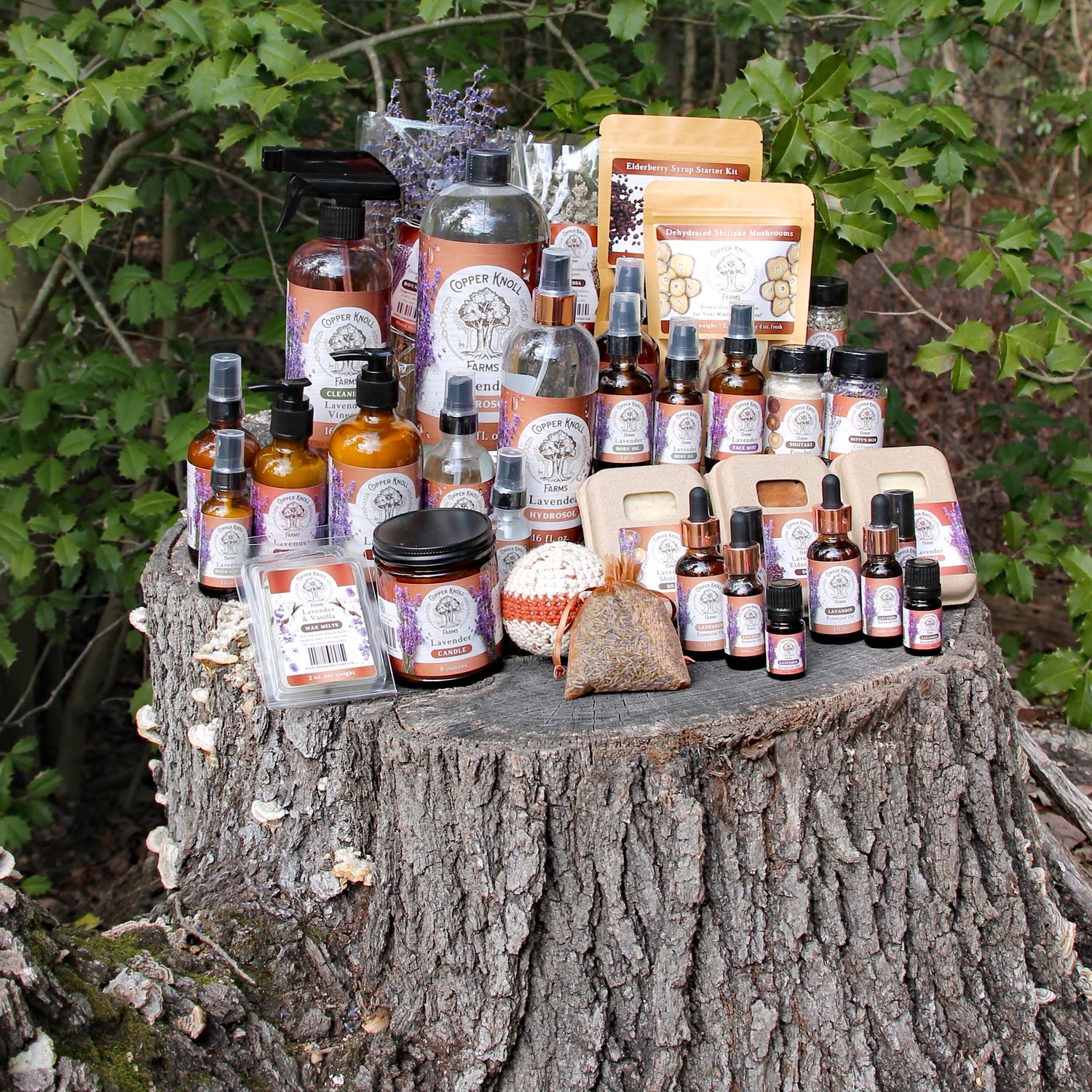
1 comment
The mushrooms were delicious!